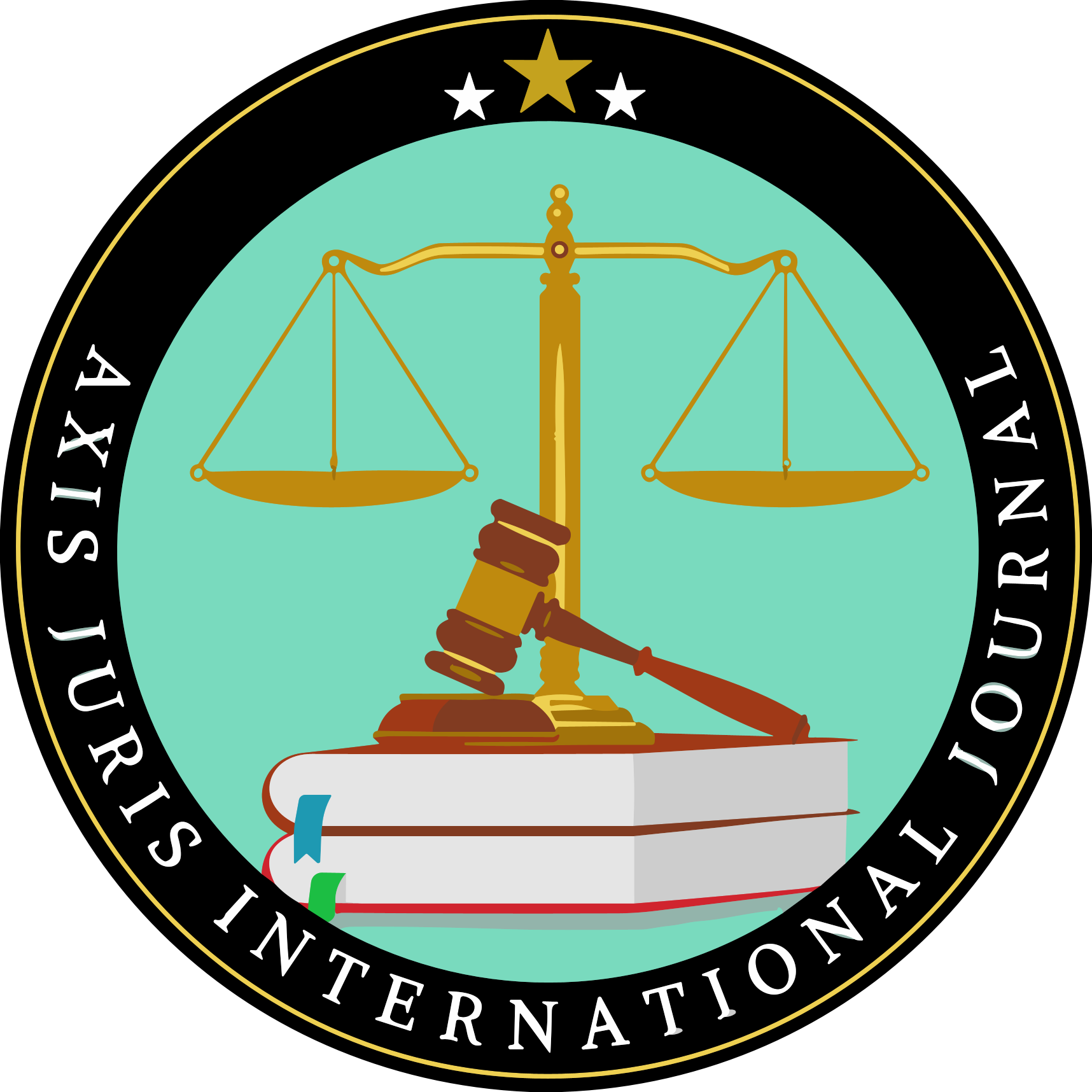AUTHOR: Admin
A basic right recognised by Article 21A of the Indian Constitution is the right to education. Additionally, the Directive Principles of State Policy (DPSP) are crucial in protecting the right to education. The state is instructed to put policies for the welfare of the people into effect via DPSPs, which are non-justiciable rules.
The Constitution mentions many DPSPsthat have to do with education.
- Article 41 – According to this article, the state must offer public assistance to its inhabitants in the event of old age, illness, or disability, as well as in other situations of unjustified need.
- Article 45 – According to this article, all children under the age of 14 must receive free and mandatory education from the government.
- Article 46 – This provision mandates that the state advance the economic and educational interests of the socially and economically disadvantaged groups, particularly the Scheduled Castes and Scheduled Tribes.
- Article 47 – According to this article, the state must promote the nutrition and living standards of its citizens as well as the general level of public health.
The DPSPs do not have legal effect, but they offer the government a framework for creating educational policies and initiatives. Over the years, the government has launched a number of measures to put these DPSPs into action.
All children between the ages of 6 and 14 are entitled to free and compulsory education under the Right to Education Act (RTE), which was approved in 2009. Additionally, the Act mandates that seats be set aside in private schools for students from economically disadvantaged regions.
The government has also created the SarvaShikshaAbhiyan (SSA) to support universal primary education. The programme strives to give all kids, especially those from underprivileged households, access to school.
Another programme designed to support schooling is the Mid-Day Meal Scheme. The programme gives kids in government and government-aided schools free lunches to promote frequent attendance.
In conclusion, the Directive Principles of State Policy (DPSP)’s are essential in guaranteeing that every person has the right to an education. Every person must support the government’s efforts to execute these DPSPs and strive towards achieving universal education. The government has launched a number of actions in this regard.
